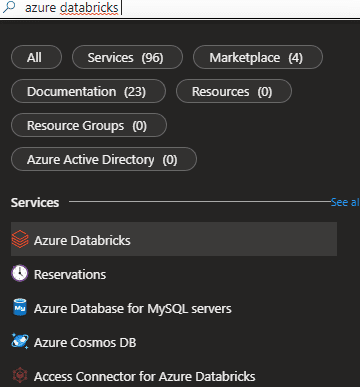Spark SQL is important in Azure Databricks because it provides a unified way to process structured and semi-structured data.

Spark SQL allows you to run SQL queries on Spark data, as well as perform operations such as filtering, aggregation, and joining. This allows you to easily process and manipulate large amounts of data in a scalable and efficient manner.
The following are some of the key benefits of using Spark SQL in Azure Databricks:
- Ease of Use: Spark SQL provides a familiar SQL interface that makes it easier for users with SQL experience to work with big data. This reduces the learning curve for new users and makes it easier for teams to collaborate.
- Performance: Spark SQL is optimized for big data processing and is designed to run efficiently on large data sets. This means that Spark SQL can process large amounts of data quickly and efficiently, making it an ideal solution for big data processing.
- Integration with other Spark components: Spark SQL integrates with other Spark components, such as Spark Streaming and Spark MLlib, allowing you to build end-to-end big data solutions.
- Scalability: Spark SQL is designed to be scalable and can handle increasing amounts of data with ease. This makes it possible to process large amounts of data in real-time, providing insights and results quickly.
By using Spark SQL in Azure Databricks, you can benefit from a unified way to process structured and semi-structured data, as well as the ease of use, performance, integration, and scalability that Spark SQL provides. This makes Spark SQL an important component for big data processing and analytics in Azure Databricks.
Have a Question ?
Fill out this short form, one of our Experts will contact you soon.
Call Us Today For Your Free Consultation
Call Now